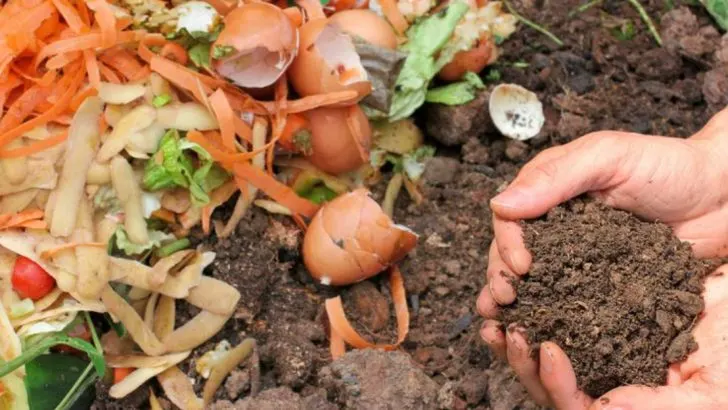Composting is one of the easiest and most effective ways to improve your garden, reduce waste, and contribute to a healthier planet. Whether you’re an experienced gardener or just starting out, composting can be a game-changer for your soil and the environment.
In this article, we outline 13 compelling reasons to start composting today. From enriching your soil and boosting plant growth to reducing landfill waste and saving money on fertilizers, composting offers numerous benefits for both your garden and the earth. If you’re looking for a simple, eco-friendly way to make a big difference, composting might just be the best decision you make this year!
Reduces Landfill Waste
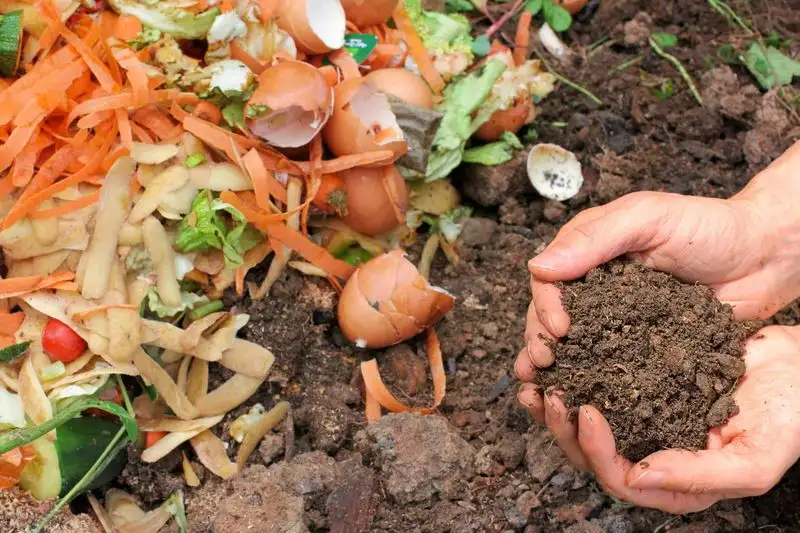
Every day, mountains of waste are sent to landfills. A significant portion of this could be composted instead. By composting, you’re directly contributing to reducing the volume of waste that ends up in these sites. This isn’t just about freeing up space. It’s about minimizing methane emissions, a potent greenhouse gas. Think of composting as a personal commitment to waste management. It’s a small act with a substantial environmental impact. So, next time you toss out those vegetable peels or coffee grounds, consider what they could become.
Enhances Soil Quality
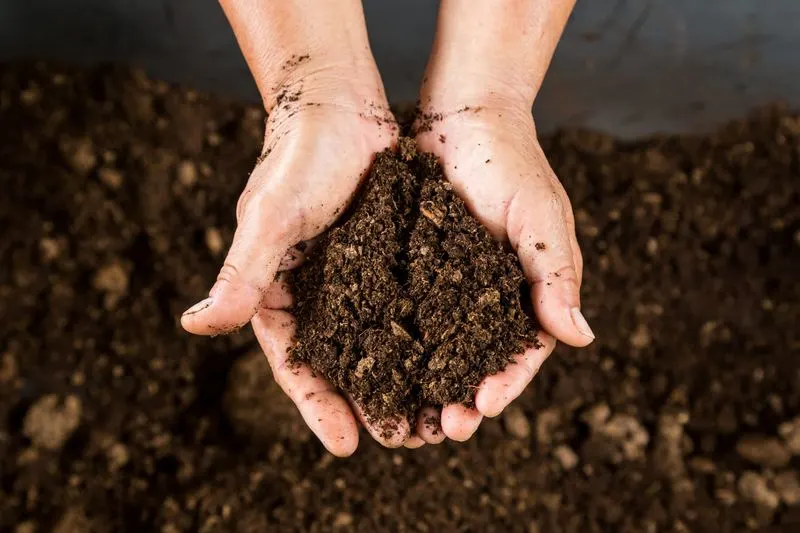
Healthy soil is the foundation of thriving plants. Compost enriches soil, providing essential nutrients and improving its structure. This means better water retention and aeration. Plants grow stronger and more resilient in such enriched environments. Whether you have a small garden or a large farm, using compost can transform your soil’s health. It’s a natural fertilizer, enhancing soil life without chemicals. So, when you see your garden flourishing, remember the humble compost pile that made it possible. It’s nature’s way of giving back.
Saves Money on Fertilizers
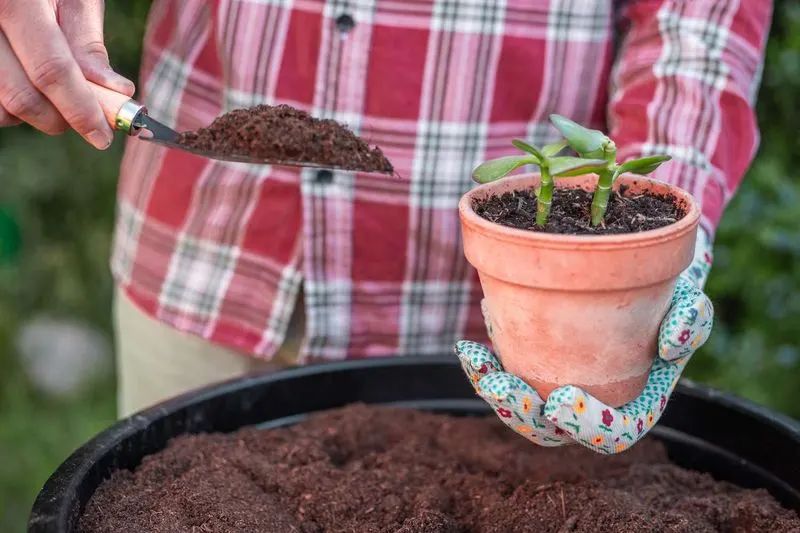
Store-bought fertilizers can be quite expensive, especially if you have a large area to cover. Composting offers a cost-effective alternative. Instead of shelling out money on commercial fertilizers, use compost to nourish your plants. It provides all the essential nutrients without the hefty price tag. Plus, you’re recycling what you already have, turning kitchen scraps into garden gold. Imagine the savings over time as your garden thrives on this sustainable practice. Composting not only benefits the earth but also your wallet.
Reduces Greenhouse Gases
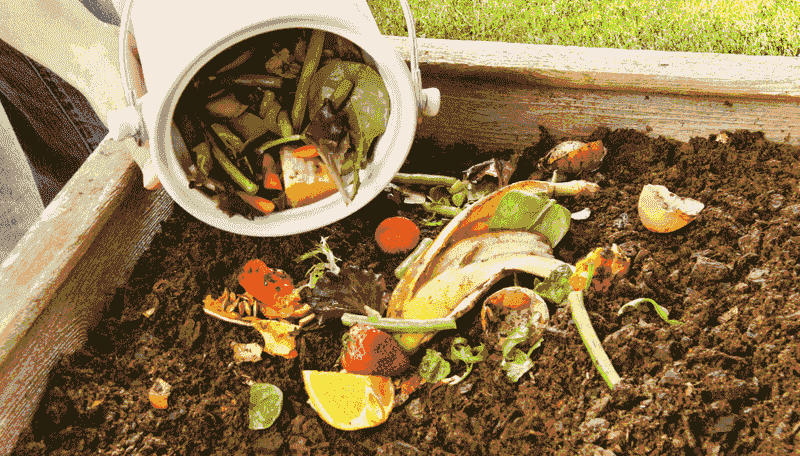
When organic waste decomposes in landfills, it generates methane, a greenhouse gas far more potent than carbon dioxide. Composting at home or through community programs diverts this waste, significantly reducing methane emissions. This simple act plays a critical role in climate change mitigation. Every compost pile is a step toward a healthier planet. By choosing to compost, you’re not just reducing your carbon footprint; you’re actively partaking in global environmental efforts. It’s a small step for you, but a giant leap for earth’s climate.
Encourages Biodiversity

Composting contributes to a flourishing ecosystem. It attracts beneficial insects and microorganisms, which are crucial for healthy soil. These tiny helpers break down organic matter, enriching the soil and promoting plant health. Birds and other wildlife are drawn to this rich, biodiverse environment. By composting, you’re supporting a diverse range of life forms. This interconnected web of life leads to a more resilient garden. The small act of composting has rippling effects, fostering biodiversity and nurturing the natural world around us. It’s a garden party everyone’s invited to.
Promotes Healthy Plant Growth
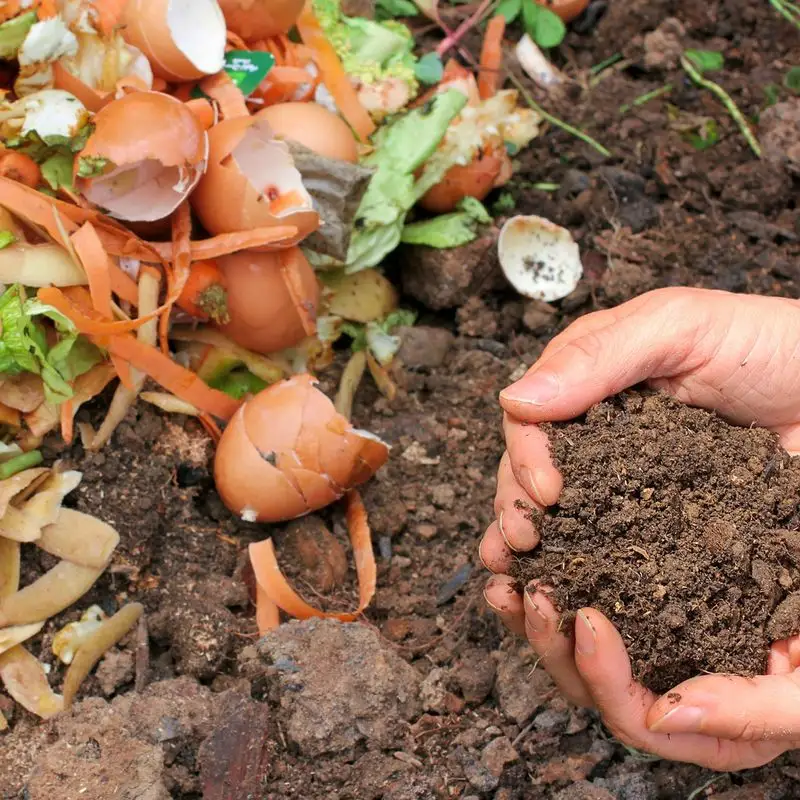
Plants thrive when they have access to nutrient-rich soil. Compost provides this boost, enhancing growth and productivity. It’s like a superfood for your garden. The nutrients in compost bolster plant structure, increase resistance to diseases, and improve overall vitality. As a result, you’ll notice more vibrant flowers, lush foliage, and bountiful harvests. Whether you’re growing vegetables, flowers, or shrubs, composting can significantly improve your garden’s output. The transformation seen in plants is a testament to the power of compost, turning ordinary soil into fertile ground.
Improves Water Retention

One of the hidden benefits of compost is its ability to improve soil’s water retention. This means you’ll spend less time watering, as the soil stays moist longer. Compost improves soil structure, creating a sponge-like consistency. This not only retains water but also ensures it’s evenly distributed. Such efficiency is particularly beneficial in arid regions. By conserving water, you’re also saving on utility bills and supporting sustainable gardening practices. It’s a win-win for you and the environment. Your garden remains lush without constant attention.
Reduces Erosion
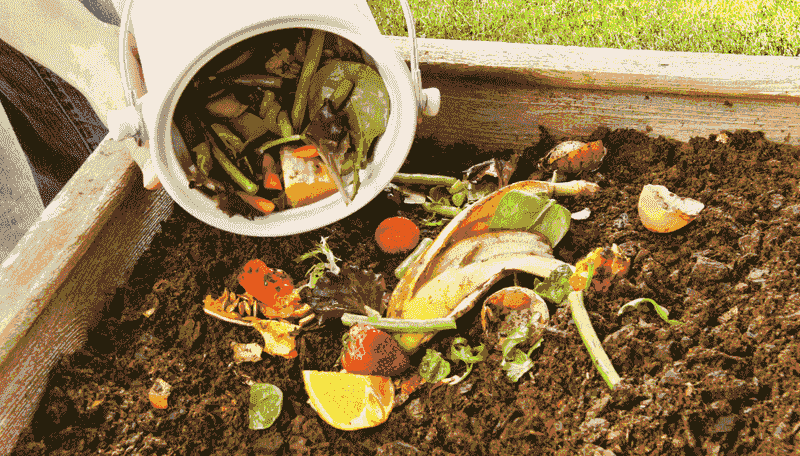
Compost helps to stabilize soil, reducing the risk of erosion. This is especially valuable for slopes and areas prone to heavy rain. The organic matter in compost binds soil particles together, providing structure and resilience. This protective layer prevents soil from washing away during heavy downpours. For gardeners, this means less damage to landscapes and less soil depletion. By maintaining soil integrity, you’re ensuring long-term garden health. Composting is a natural defense against erosion, safeguarding your outdoor spaces while promoting sustainability.
Supports Local Wildlife
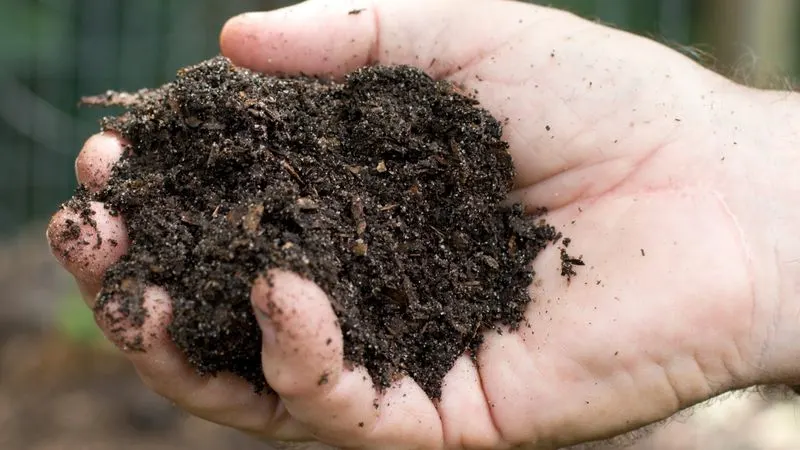
A compost pile can become a hub of activity for local wildlife. Birds, small mammals, and beneficial insects are drawn to the bounty of nutrients found in compost. This not only supports the food chain but also enhances biodiversity in your area. Watching wildlife thrive around your garden is a rewarding experience. It connects you to nature and fosters an appreciation for these creatures. By composting, you’re creating a sanctuary for local wildlife, enriching your garden and contributing to the ecosystem. It’s a reminder of nature’s balance and beauty.
Educational Opportunity for Children
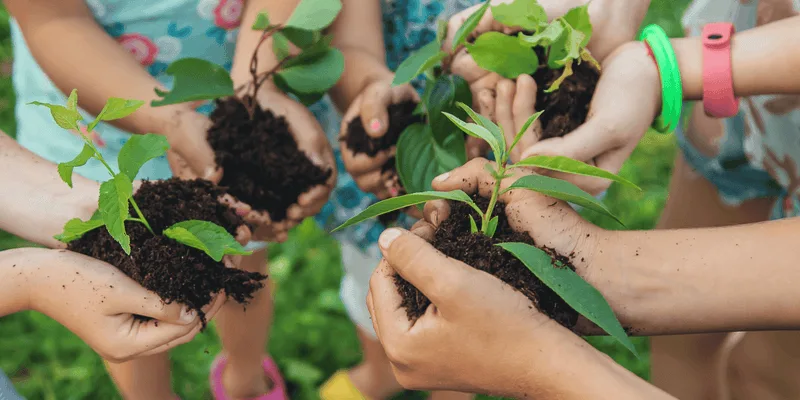
Composting is a fantastic educational tool for kids. It teaches them about the environment, sustainability, and biology in a hands-on way. Children learn the importance of reducing waste and the science behind decomposition. This knowledge fosters a sense of responsibility and environmental stewardship. Families and educators can incorporate composting into lessons, making it a fun and interactive experience. Watching waste transform into soil is a powerful lesson in nature’s cycles. It’s an invaluable opportunity to instill eco-friendly habits in the next generation.
Reduces Chemical Use
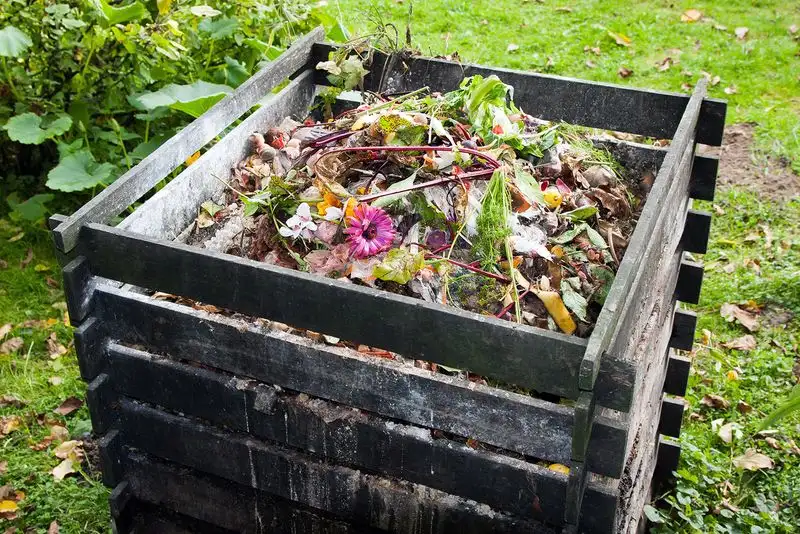
Using compost means relying less on chemical fertilizers, which can be harmful to the environment. Compost offers a natural, chemical-free alternative that supports plant health. It enriches soil without the adverse effects associated with synthetic fertilizers. This means fewer chemicals leaching into waterways and harming local ecosystems. Gardeners can enjoy robust plants and produce, knowing they’re cultivating in an eco-friendly manner. Composting represents a shift towards more sustainable gardening practices. It’s about nurturing the earth as much as nurturing your plants.
Encourages Community Involvement
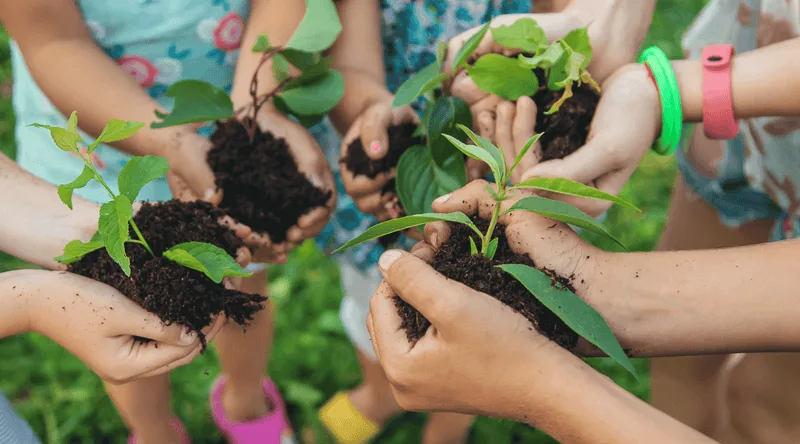
Composting can bring communities together. Community gardens often rely on compost as a communal resource, fostering collaboration and shared goals. People of all ages and backgrounds can participate, learning from each other and growing together. It’s an opportunity to connect over sustainability, share resources, and promote green initiatives. By engaging in community composting, you’re not just improving your garden but building social ties. It’s a grassroots movement that empowers individuals and strengthens community bonds. Together, communities can make a significant environmental impact.
Boosts Mental Well-being
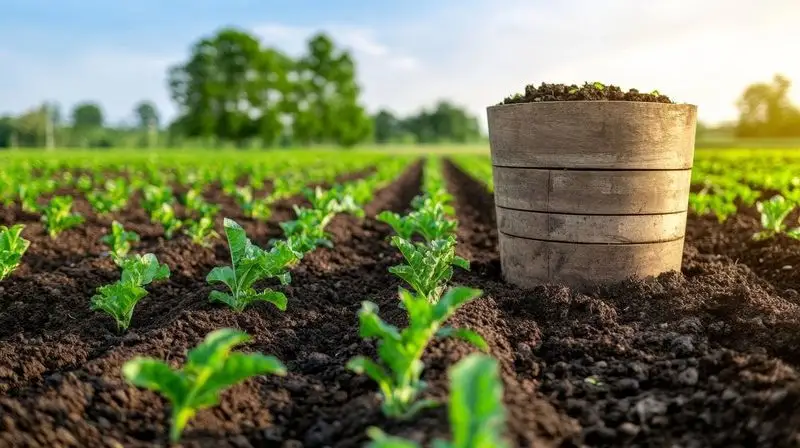
Engaging with nature through composting has mental health benefits. The act of composting can be meditative, reducing stress and promoting relaxation. Being outdoors, working with your hands, and understanding natural processes fosters a sense of accomplishment and peace. Composting offers a retreat from daily stressors, providing a space for reflection and mindfulness. It’s a rewarding hobby that contributes to personal well-being. As you watch your efforts turn waste into something valuable, you gain a deeper appreciation for life’s cycles. It’s a healthy practice for the mind and soul.

